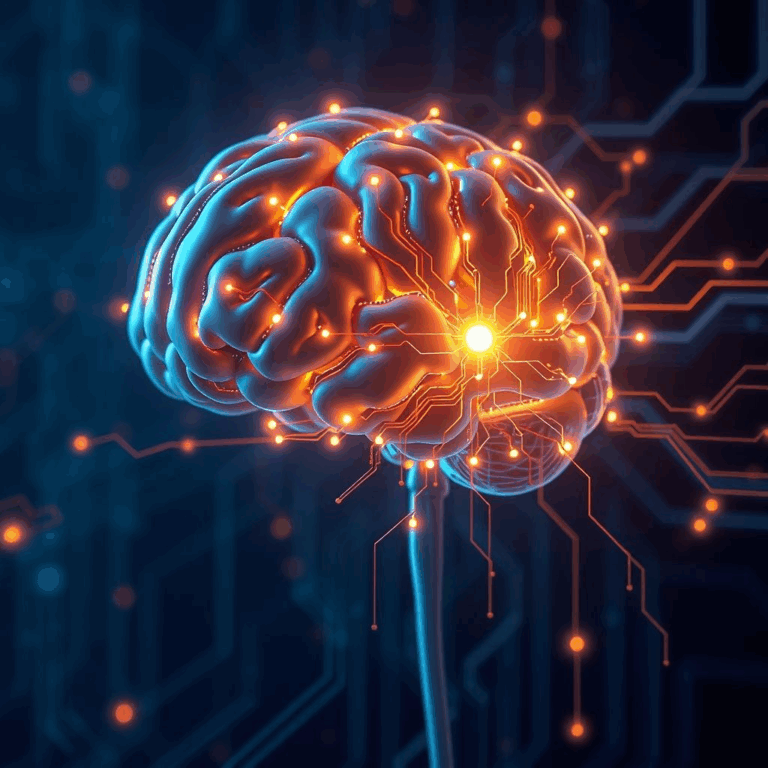The Dawn of AI Chip Advancements
Artificial intelligence (AI) is rapidly reshaping industries, from healthcare to finance, and the driving force behind this transformation is the hardware that powers it—AI chips. Recent breakthroughs in AI chip technology are set to redefine the boundaries of computational power and energy efficiency. These innovations promise to unlock unprecedented capabilities for AI systems, enabling them to tackle more complex tasks with lightning speed and minimal power consumption.
Revolutionizing Computing with AI Chips
A Paradigm Shift in Hardware Design
Traditional CPUs and GPUs have long served as the backbone of computing, but the demands of modern AI systems have outpaced their capabilities. Enter AI chips, specialized processors designed specifically for machine learning and deep learning tasks. These chips leverage architectures like tensor processing units (TPUs) and neural processing units (NPUs) to deliver unmatched performance.
Statistic: According to a report by Market Research Future, the AI chip market is projected to grow at a CAGR of 39.18% from 2023 to 2030, reaching a valuation of $227 billion by the end of the decade.
Recent Breakthroughs in AI Chip Technology
In 2025, researchers unveiled an AI chip capable of performing one quadrillion operations per second (1 petaFLOP) while consuming 80% less power than traditional models. This breakthrough, spearheaded by a leading tech consortium, marks a significant milestone in the quest for sustainable AI.
Key Innovations:
- Neuromorphic Computing: Mimicking the human brain’s neural networks to achieve unparalleled efficiency.
- 3D Chip Stacking: Enhancing data processing speeds by layering multiple chipsets.
- AI-Optimized Fabrication: Using advanced materials like graphene for better conductivity and durability.
Real-World Applications: What This Means for Industries
Healthcare: Accelerating Diagnosis and Treatment
With the new AI chips, hospitals can deploy real-time diagnostic tools that analyze complex medical data in seconds. AI-powered imaging devices now detect diseases like cancer and Alzheimer’s with over 95% accuracy, significantly improving patient outcomes.
Autonomous Vehicles: Driving Intelligence on the Road
Next-gen AI chips are transforming the automotive industry by enabling faster data processing in self-driving cars. These chips process sensor data in milliseconds, ensuring safer navigation in complex environments.
Environmental Impact: Towards a Greener AI
One of the most pressing challenges of AI adoption has been its carbon footprint. With energy-efficient AI chips, data centers can reduce their power consumption by up to 40%, contributing to a more sustainable future.
The Road Ahead: Challenges and Opportunities
Bridging the Gap Between Innovation and Accessibility
Despite their promise, AI chips face barriers such as high production costs and limited accessibility for smaller enterprises. Governments and private sectors must collaborate to democratize this technology.
Ethical Considerations
As AI systems grow more powerful, concerns about their ethical use also rise. It is crucial to implement policies that ensure AI development aligns with human values.
#AIChips #ArtificialIntelligence #TechInnovation #MachineLearning #FutureOfAI






